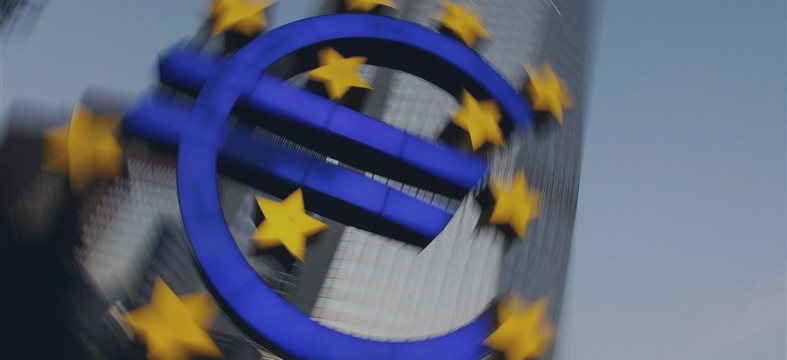During several years the ECB and Germany have been at war over eurozone monetary policy.
The eurozone's most troubled countries (Greece is the first example) need a weak currency and a reliable buyer of last resort for their government’s debt. That’s why the ECB would like to do QE.
However, Germany is worried that if the ECB makes life ‘easy’ for the most heavily-indebted countries, then they won’t change their ways. Germany is also sceptically opposed to the idea of QE, even though, as a huge exporter, it already benefits greatly from the weak euro.
The main concern is that without some sort of aid, the weakest countries will leave the eurozone out of desperation. Or they’ll default on their debts and be forced out somehow. Again, Greece is the main focus of this fear, but it’s not the only one.
Back
in 2011, following the last fractious Greek election, Mario Draghi said
he could and would do “whatever it takes” to keep the eurozone together.
Since then, he has hinted at doing QE many times, but hasn't acted yet.
Today, with another Greek election this weekend, we’re at the crucial point. The eurozone is in deflation – prices are falling, which central
banks want to avoid at all costs.
How does QE help anyone?
When a central bank does the type of QE we’ve all become familiar with, it prints money to buy assets – usually government bonds. Experts still argue over how exactly it helps everyone. It does two main things.
Firstly, it lowers interest rates – it becomes cheaper for governments to borrow money. That should make it cheaper for everyone else to borrow too.
Secondly – what is more significant – it pumps a whole load of money into the market that wasn’t there before. If the central bank prints a billion euros and uses them to buy bonds from a commercial bank, for example, then there’s a billion new euros in the system.
That money has to go somewhere. It might not get loaned out to small businesses or anything useful. But it will find its way into asset markets. Even if the initial recipient of the billion euros just uses it to buy more ‘safe’ government bonds, the former holders of those bonds need to invest somewhere, and it’ll gradually make its way to riskier assets.
So here’s what QE does: it drives up asset prices; it keeps interest rates low for anyone who can access credit; and it tends to weaken the printed currency.
This does not help the ‘real’ economy right away if
a) banks are too broken to lend and
b) businesses cannot see any good reason to invest for the future.
But it might provide help to export-oriented businesses. And, all else being equal, a weaker currency is also inflationary – a benefit at a time when central banks are panicking about deflation.
So, QE is very significant as an investor, approve it or not. It’s not the only factor in your investment decisions, but it’s definitely one you have to be aware of and to take into account. If a whole chunk of printed money is about to hit a market, then that matters.



